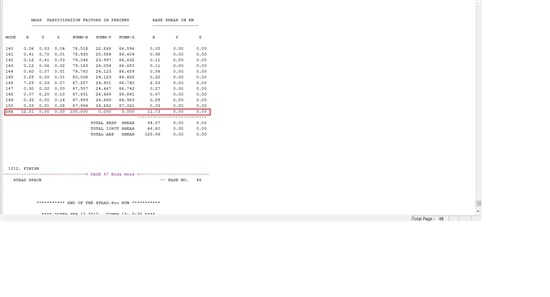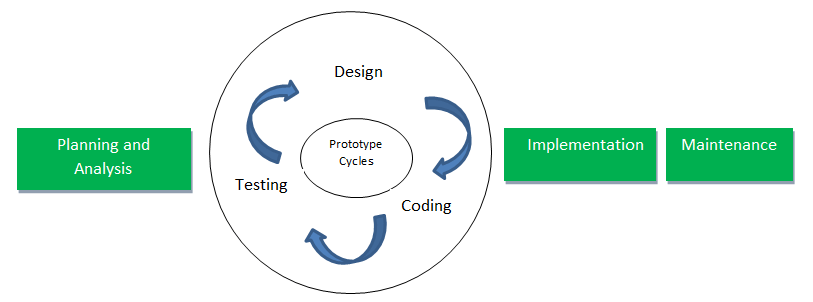Marvin X, the man who gave up domestic violence some thirty years ago and since then has championed equality of the genders and the liberation of women from patriarchal domination (Mythology of Pussy and Dick, a male/female dialogue, as opposed to Vagina Monologue), had to spend the last two days in Oakland's Highland Hospital nursing a severe eye injury from a blow to his left eye by his female friend who was arrested and jailed for hitting the poet with a powerful blow to his eye, after she refused to leave his bedroom.
A shoving match began but ended quickly when the poet suffered a straight hit to his left eye. "I felt like Muhammad Ali hit me. It hurt immediately and even morphine didn't stop the pain."
In all my years as a teenager fighting on the street, I'd never suffered a blow to the eye. In my youth, I used to gang fight, but my objective was to always get the first punch in--they call it the sucker punch. Obviously, in this situation, I was not trying to hurt the woman, just tried to shove her out my room.
Trust me, I had the strength and energy to physically handle her. I was trying to be a nice old colored man, for I have said one must decide whether you want to kill the people or heal the people. I want to heal. I don't want to go down saying I destroyed the people I was supposed to be helping and healing. I don't want to go out like my friend Huey Newton, killed by the very youth he was trying to save.
My brother Ali (and sister Debbie) came over when I got home from the hospital. They were there when the police arrived. My brother said he had been hit in the eye many times in street fights. He said you just get drunk and get over it. As per what he would do in my situation, he said the woman would be dead, straight up. Of course my brother spent most of his life in prison as a result of violence. He was in prison along with George Jackson, Eldridge Cleaver, Sundiata Tate, David Johnson, Kumasi, Alprintis Bunchy Carter, et al.,
I and my family (there are nine siblings) are happy he has given up violence and just lives in his apartment enjoying solitude. He is a year older than I, 71. He got drunk at my 65th birthday party in Berkeley, and has not had a drink since. We are so proud of him. I was just happy he was present at my birthday party, I didn't give a damn about his getting drunk, but apparently it shamed him into sobriety. Thank God! or the Higher Power since my brother is an atheist.
Like so many brothers, he spent his life in the California Department of Corrections, from Juvenile Hall and California Youth Authority to San Quentin, Soledad, Folsom, etc. When people ask me about getting involved in the prison movement, I laugh. My whole life has been impacted by my brother in the CDC. He was never there as my older brother. I missed him and loved him. A young sister Roxane has a poem called Federal Offense on the pain she felt as a result of her brother in the criminal justice system.
Marvin X Knew He was severely wounded
The poet knew he was badly wounded so immediately after the fight he departed to the hospital. Oakland police interviewed him at the hospital but he refused to press charges. Before leaving his house, he told the woman not be there when he returned. After spending the night in the hospital, when he returned the next day from the hospital, she was still at the house, although she had taken her two children away.
Marvin X again asked her to leave, but she refused and called 911. When officers arrived and saw his condition, the lady was immediately arrested, after Marvin X reluctantly consented to the arrest. "I didn't want her jailed, I only wanted her to leave my house, but the officers said I had to press charges, so I did. The officer in charge, a female, said abuse of men by women is totally unacceptable, and we are going to press charges against her to the fullest extent of the law." The officer read the hospital report that said Marvin may lose use of his left eye.
There were no visible injuries to the woman. "I long ago stopped fighting women, so I did not try to hurt her, only asked her to leave my bedroom and go into the living room with her children. At this stage in my life, I consider myself a liberator of women, not their oppressor. I have learned in my 70 years that physical, verbal and emotional violence is to no avail--eventually the love is drained from the hour glass and the thrill is gone."
People who know me know I am a very patient person, even though I am full of poetic passion. I told my lady friend who suffers mental health issues (don't we all?) that I must be patient with my patients. And I tried to patient with her and her children, naturally the children suffer mental illness as well. How could they not have feeling of trauma, abandonment and emotional abuse. Fathers, if you don't call your children, you are guilty of child abuse, a billboard said when I was a dope fiend in the Tenderloin of San Francisco. I have done as the 12 Step model says, make amends to those you have harmed, and I have been successful, especially with my children and their mothers. My children and their mothers have forgiven me and today I have the very best relations with my children and their mothers. Allah, God, is Great. Praise to the Ancestors.
Amiri Baraka said if you are patient too long, you become the patient!"
I am truly sad at the state of male/female relations today, and I know there must be a revolutionary change in our behavior. I have tried to be an example of such, but shit happens and it is what it is.
Right now I am healing from my injuries and hope my vision is not permanently marred. As I said earlier, I did not want the sister jailed, instead, I suggest long term mental health treatment and education which she lacks and many young and older women lack as well. The mental health and education that is needed is called womanhood and manhood training, or rites of passage.
The Nation of Islam had FOI (Fruit of Islam, manhood rites for men and MGT for women, womanhood rites for women--we can either use such models or go to Africa for manhood and womanhood rites of passage as described in Jomo Kenyatta's ethnography Facing Mt. Kenya, but our children cannot continue in abysmal ignorance of common sense knowledge of essential gender wisdom.
In talking with the King of the Yoruba's at the African Village in Sheldon, South Carolina, the young king or Oba said as a child he was taken from the women at age seven and endured manhood training. And the women endured the same. This is not a joking matter. Sadly, whenever I asked my lady friend about womanhood training, she had no knowledge of such. Yet she complained many times that her mother was too ignorant to teach her anything about womanhood, after all, she confessed, her grandmother was ignorant as well.
Thus we have generations and generations of ignorance. My lady friend confessed she was ignorant of her body even though she was a mother of three, two daughters and a son. In her mental illness, she was simply ignorant of her body and in fear and terror of it. We wonder how many young women are in a similar state and condition. We are so presumptuous about our people's awareness of simple things. We have no understanding of their lack of simple things or common sense issues. No amount of money will solve such issues of abysmal ignorance.
We must simply spread consciouness throughout the land as we propose with our 27 City Tour in celebration of the 50th Anniversary of the Black Arts Movement. This must not only be a celebration but a manhood and womanhood rites of passage to usher the next generation into North African cultural consciousness. The young North American men and women need help in solving their sexual identity crisis that is the natural and normal process of maturity. When such is absent, as the great Joseph Campbell taught us, we see the result in the daily papers, stories of youth gone mad.
In my lady's case, she said abysmal ignorance was the norm in her family. She told me repeatedly she learned nothing from her mother about womanhood training since her mother was ignorant and mentally ill as well. I can tell you I tried to help but mental health issues that derive from oppression will not be solved overnight.
Finally, don't think I was walking on solid mental health ground. There were mental health issues in my family as well. In truth, I know of no families who have a clean bill of health. My mother had a mental break down. My son committed suicide. So I am grieving 24/7 at the death of my son and thus my eternal concern with such matters. This is not a Miller Lite matter. I shall deal with such matter until I depart this earth since I clearly understand the relationship between mental illness and oppression.
In my personal case, I tried to be patient but, as Amiri Baraka, I ended up being the patient!
Peace and Love,
Marvin X
Highland Hospital
Oakland
8/9/14
P.S. Highland Hospital, thank you for your kind treatment. In the Eye treatment section of the hospital, they placed me in a room with soothing music. They said it was the only room in the hospital with music. It did indeed help ease my pain when morphine didn't do a thang. Sun Ra taught me about music as therapy. Finally, like my brother, I have a killer instinct, but he executed his madness, writing stopped me from being a killer. mx

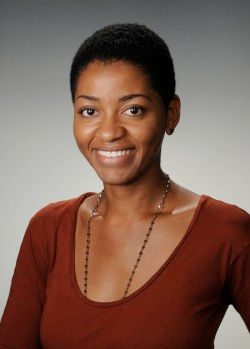

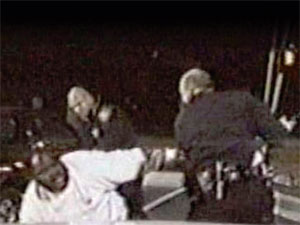



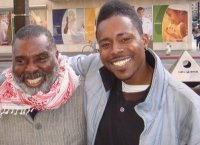
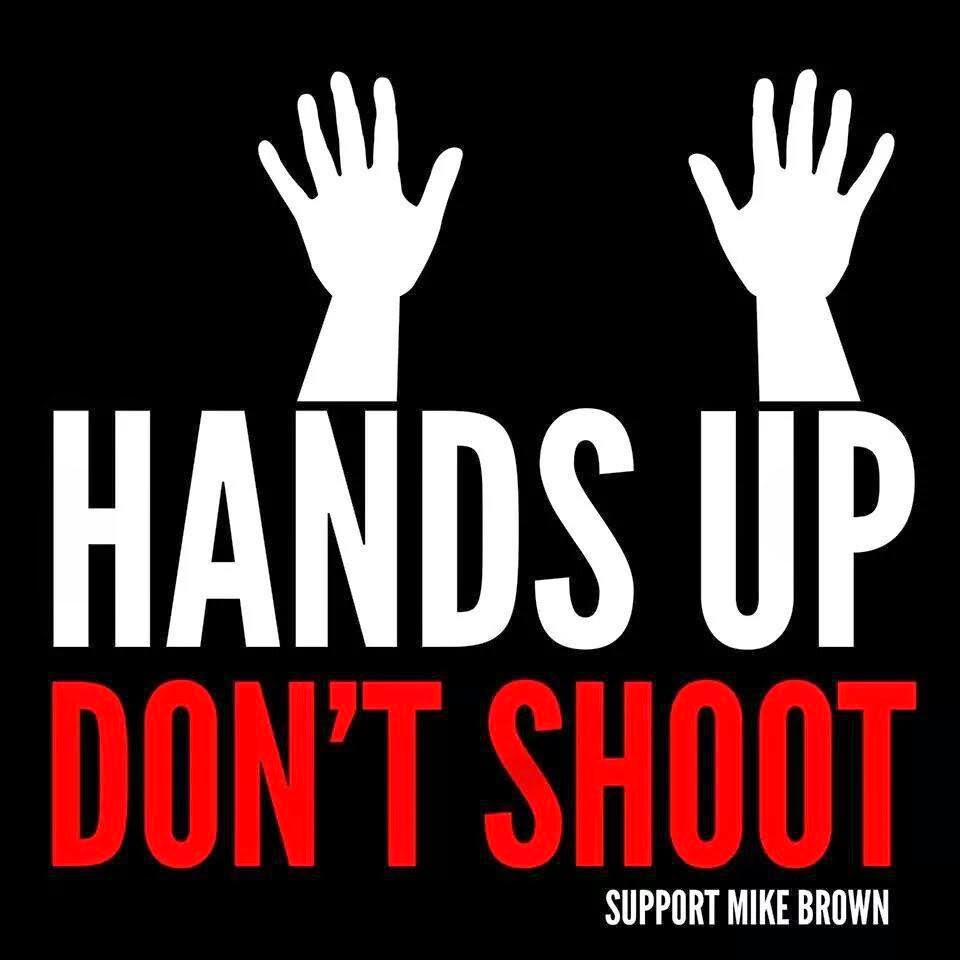









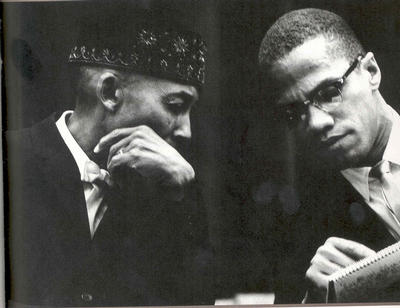

















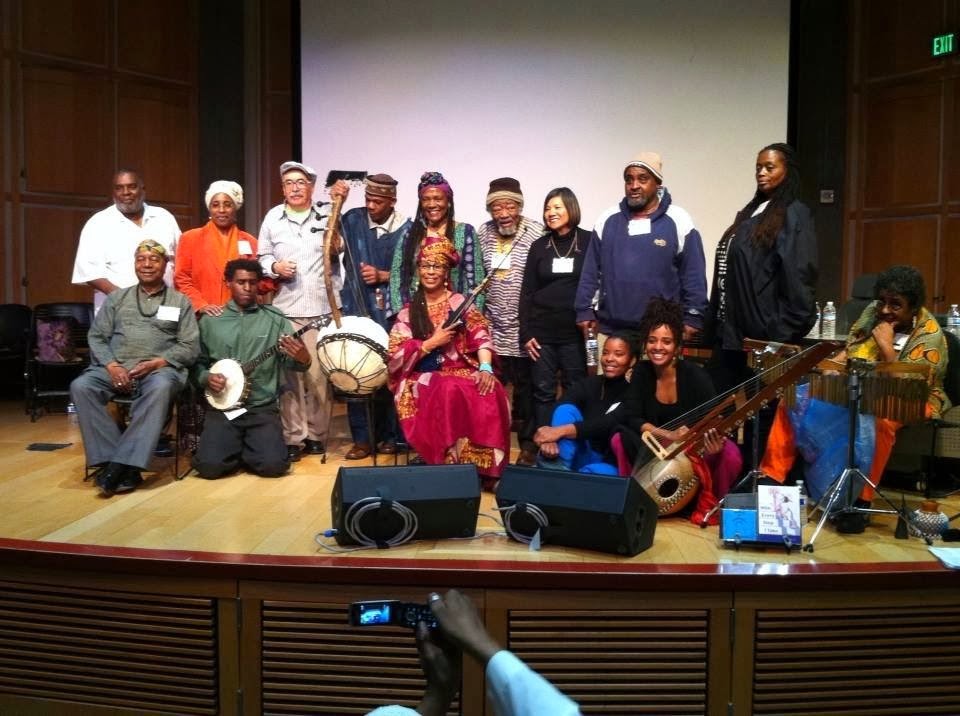











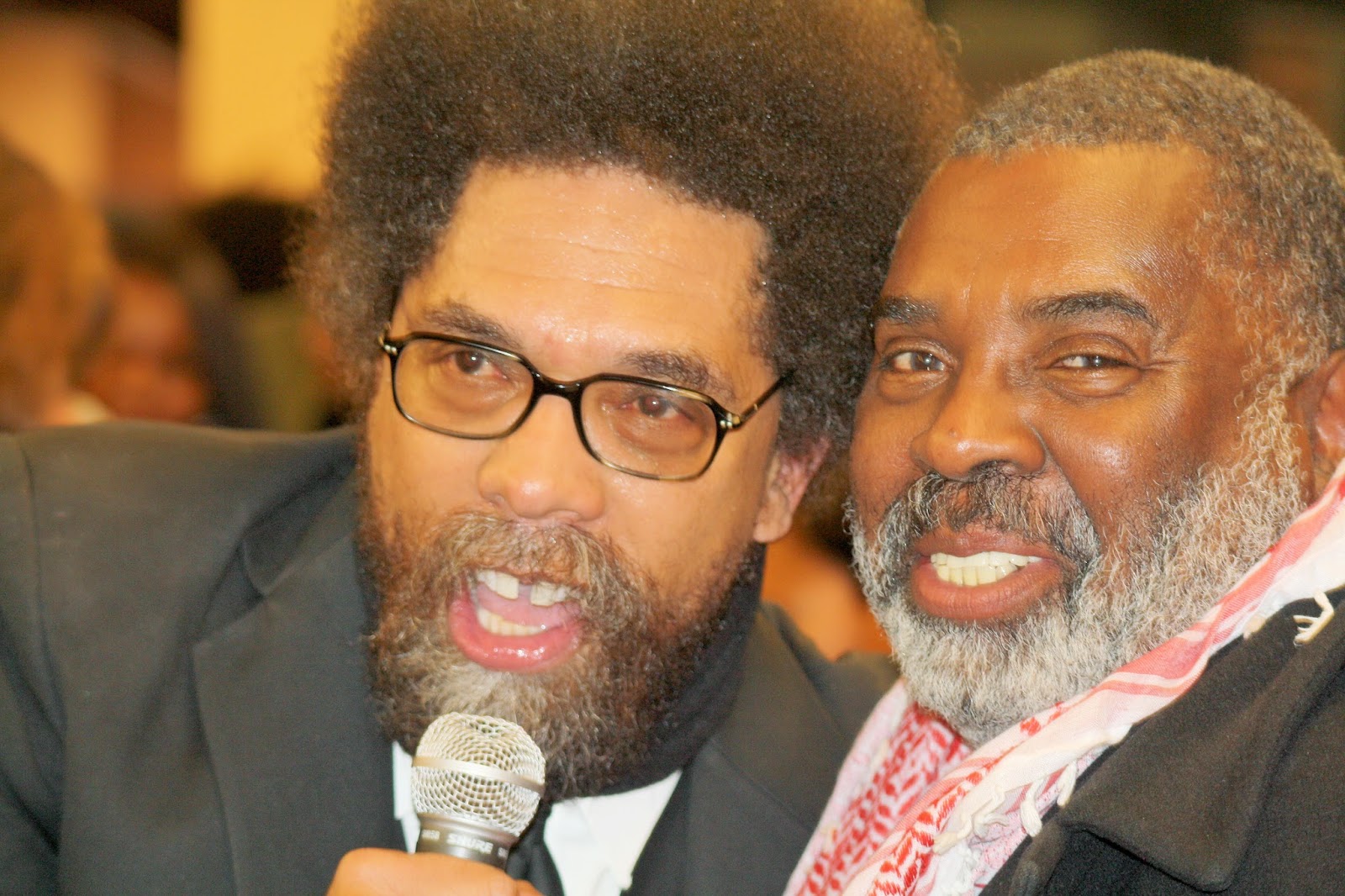




























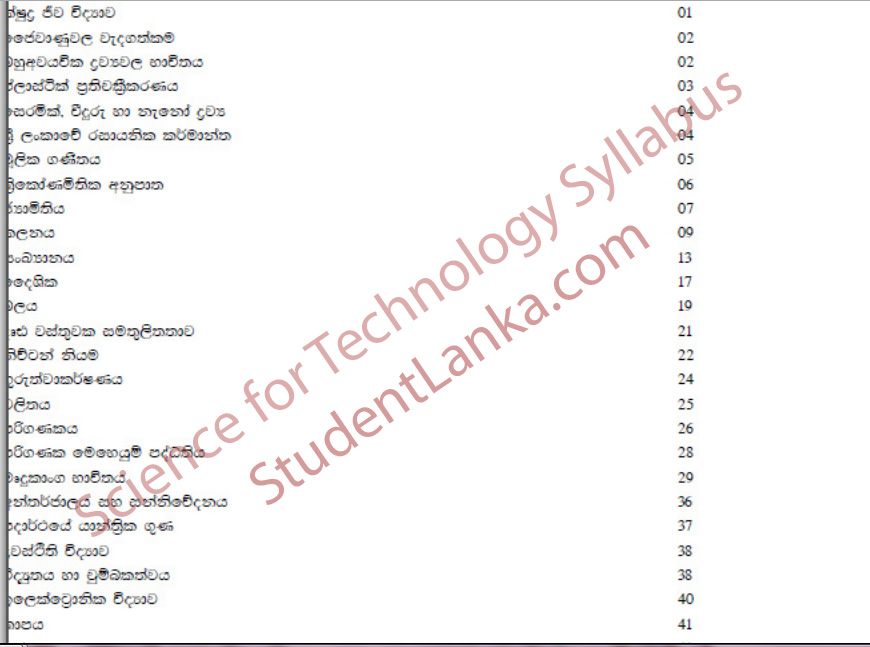
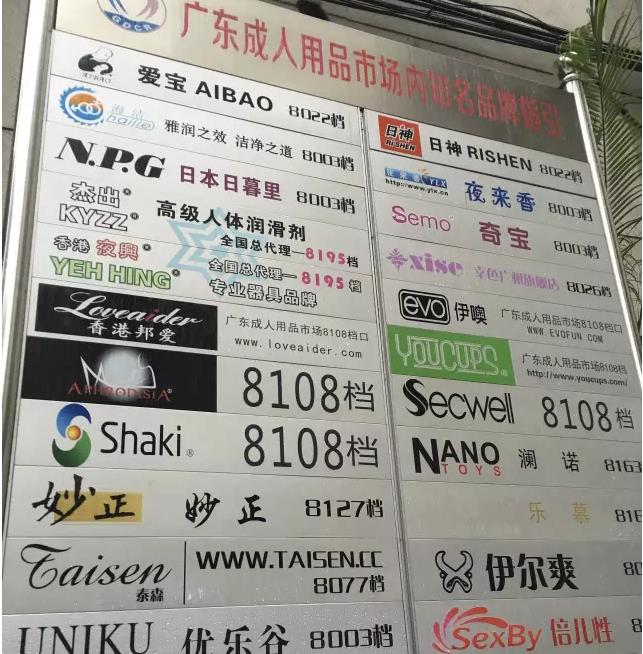

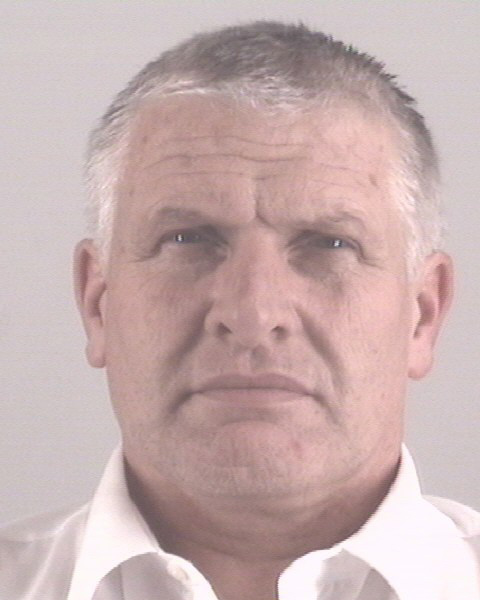

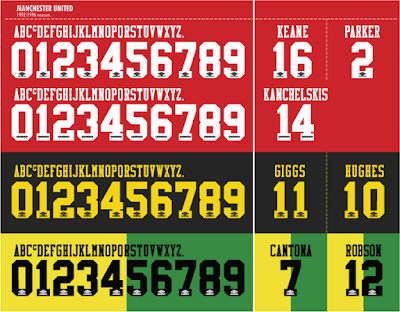
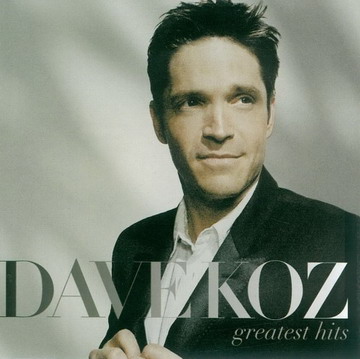


![[PCソフト] Windows 10 Enterprise Version 1607 (Updates Jul 2016)](http://i.imgur.com/vJg3vh9.jpg)
